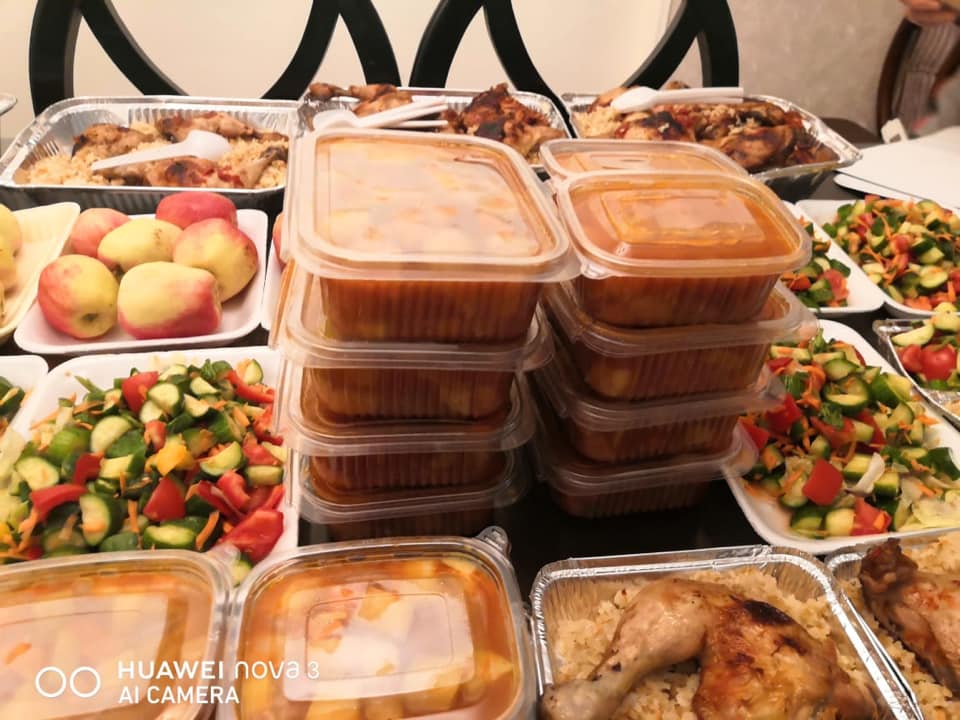The coronavirus pandemic has laid bare the social, political and economic issues that marred Egypt in the turbulent decades that preceded it—from crumbling infrastructure, to underfunded healthcare and social security systems. But in the midst of the tragedy and adversity, some managed to maintain their capacity for hope. One such group are the young men and women behind the Initiative for Healthy Meals for COVID-19 Patients in Home Isolation. Founded by Egyptian journalist Basma Mostafa, the initiative receives reports about COVID-19 cases managing symptoms from home. A network of volunteers then organizes according to their geographic distribution to prepare and deliver healthy, balanced meals to COVID-19 patients in home isolation for free. Volunteer delivery persons follow all public health and safety regulations and don’t come into contact with patients. Instead, volunteers leave the deliveries outside the patients’ doorsteps and notify them through a phone call once they have exited the building. The group has been operating for a month now. Since its launch, the Initiative for Healthy Meals for COVID-19 Patients in Home Isolation has prepared and delivered over 6,000 meals to more than 2,000 cases. Mostafa explains that she…
These Egyptian Volunteers Deliver Healthy Meals to COVID-19 Patients in Home Isolation
July 1, 2020



